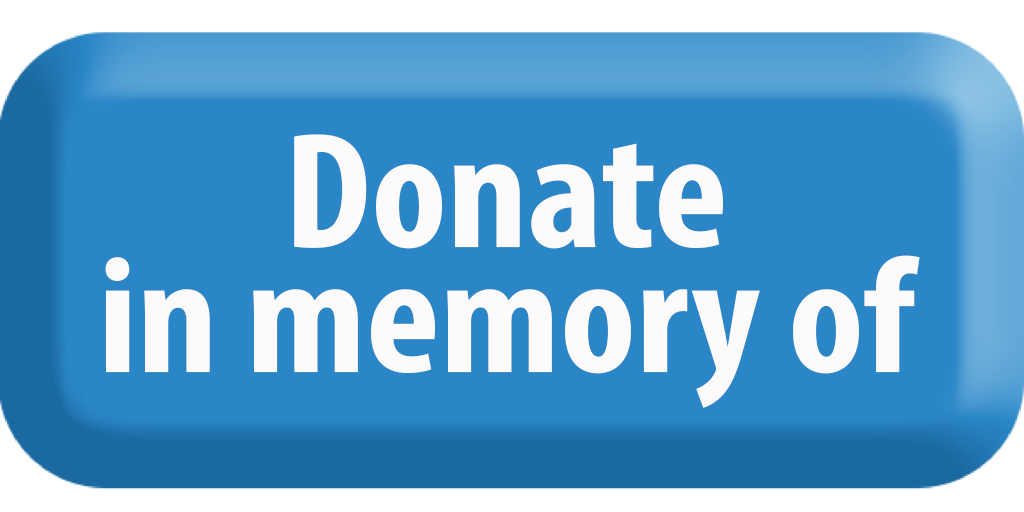Dear Hope Nation,
Over the past couple weeks, I’ve been asked why Hope for New Hampshire Recovery hasn’t issued a statement condemning the murder of George Floyd, the brutality of some police officers and the scourge of institutional racism. This inquiry, I think, comes from a good spot in the questioner’s mind. Hope is a good place that welcomes all. I am a relatively good guy who welcomes all. Why hasn’t Hope made a public statement about these issues?
Hope is a recovery center, focused on helping people find, maintain and strengthen their recovery from drug and alcohol misuse.
That is who we are and what we do.
Personally, I condemn the murder of George Floyd, the brutality of some police officers and the scourge of institutional racism. I also strongly and personally support demonstrations to bring about changes in police departments and in our society in general. Protesting, particularly peaceful protesting, is a human right that’s also clearly laid out in the First Amendment to our Constitution. I have taken part in many demonstrations and will do so again in the future.
But as a citizen, not as director of Hope.
Hope is a recovery center, focused on helping people find, maintain and strengthen their recovery from drug and alcohol misuse.
As director of Hope, my job is to help the staff and all our membership accomplish the goals laid out in the above paragraph. It is not my job to share my religious, philosophical or political beliefs, although they are likely to be communicated through my actions and words. I’m not naïve or, even, stupid enough to believe I can be director as a soulless automaton. Most folks who know me have figured out who I am and what I believe.
But who I am and what I believe are not what Hope for New Hampshire Recovery is or what it believes.
Hope is a recovery center, focused on helping people find, maintain and strengthen their recovery from drug and alcohol misuse.
Many of you have heard me talk about the Washingtonian Movement of the 1840’s, a group of “inebriates” who supported each other in their search for sobriety. The first peer support group for alcoholics, the Washingtonians became wildly popular, claiming membership of 1,000,000 in 1842. Over time, the Washingtonians tried to apply their successful person-to-person model to other social issues: abolition of slavery, prison reform, women’s suffrage, etc. With this loss of focus on the alcoholic, the Washingtonians appear to have lost their way, and by 1847 the group had become little more than a footnote in antebellum history.

Hope is a recovery center, focused on helping people find, maintain and strengthen their recovery from drug and alcohol misuse.
As a man, I will continue to live by my moral compass, taking part in political campaigns, demonstrations and, perhaps, acts of civil disobedience. At some point, I may end up in jail for my actions, and I will live with the result of those actions. As a veteran, I served my country for the purpose of defending all of our rights to protest and to call out injustice.
But not as director of Hope for New Hampshire Recovery.
Hope is a recovery center, focused on helping people find, maintain and strengthen their recovery from drug and alcohol misuse.
And that is pretty damned important.
You matter. I matter. We matter.
Keith



